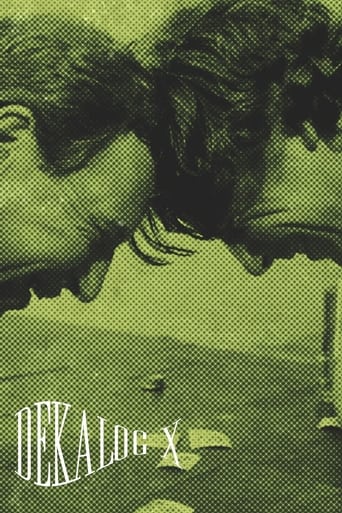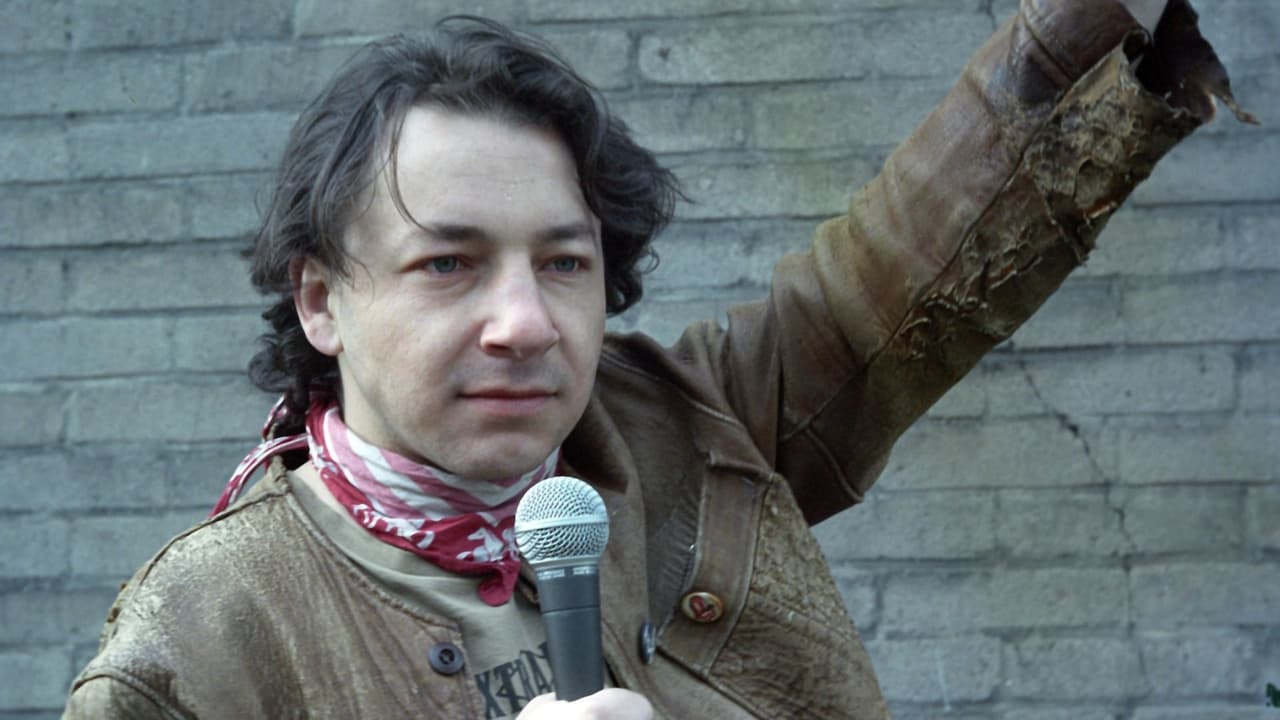chaos-rampant
I can't deny that going up and down the Dekalog has been a slog. But they were designed to air over a period of months, not days, and who ever has breezed through them? Anyway by this point I have garnered all there is to from this project so I watched this last one out of obligation more than actual interest.Thankfully it's the most breezy of the ten. Wisely putting a final sardonic smile to the crushing turns of fate that populate the Dekalogs.It's satire about greed essentially. Two brothers inherit a fortune from a father they hadn't bothered with while alive, lose more than they bargained for, but in the end leave this with certainty about their bond. A liver may have been lost, but such are the ironic machinations of the Dekalog universe, here rendered for amusement.
Polaris_DiB
This is my favorite episode of the Decalogue because I have dealt with a lot of death in the family and can really relate to two brothers and their relationship with the materials left behind by someone they loved. This is a very touching and personal story that follows the death of the neighbor from Decalogue 8, the stamp collector. His two sons, one a metal rocker and the other a family man, are left with a collection of stamps so valuable they don't know what to do with it, nor even really what it's worth. As they begin to find out, it becomes worth more to them personally than it does valuably, and they find themselves obsessing over the past of a man they didn't much respect before.In terms of the thematic connotations of the Decalogue, it's one of the few stories that fit so easily into the rule: "Thou shalt not covet they neighbors goods." Once thrown into an almost underground world of something seemingly innocuous as stamp collecting, the brothers learn just how jealously they can guard something so small and fragmentary, and to what lengths they will go to for completion.But at the heart of the story is two brothers trying subconsciously to hold on to the last vestiges of a father they never really knew, and it's only with the heart-rending tragedy of the ending that they look past what he had to what it all means to them. True to most of Kieslowski's Decalogue, the fifty seemingly slow minutes are packed with levels of narration and symbolic intention that creates a fantastically effective parable on loss and redemption.--PolarisDiB
Aquilant
The end of one of the greatest series of all time. A tragicomic and paradoxical story about the desire for possession in-itself, involving the quiet existence of two brothers moved to behave in a foolish way against the will of their father by the hidden springs of human actions.Based on a chain of events due to a singular inheritance, "Dekalog 10" (Thou shalt not covet thy neighbour's goods) is quite different from the other episodes of the series, but its high level of quality is a warranty as to the accuracy of the story. From a cinematic point of view the style is both ironic and grotesque and introduces a rich vein of frisky sense of humor. Kieslowski makes us perceive the necessity of a sigh of relief at the end of his human saga. He likes probably to say good-bye to us with a slight smile hovered on his lips, figuratively speaking. And even if at first sight, judging by appearances, he may seem eager to take a few moments to pause maybe in order to rid himself of all the stress stored in his body after nine destabilizing episodes, (look for instance at the impersonal photographic quality of his sequences, resulting in a less troubled atmosphere) the structure of the story is more complex than one might think. After a more careful probing of the key elements in "Dekalog 10", we can find some emblematic metaphors about the desire for possession merely for the purpose of possession itself. A mystifying anchorage during these difficult times. In the long run such eagerness can spread over the life of the soul like a catching disease, in such a way as to compel the human being to withdraw into himself. But Kieslowski doesn't like playing the moralist: he wants to be a witness, he tries so hard to do a careful investigation about unpredictable human events but doesn't claim to act the Supreme Judge as a substitute for the divine authority.What's left at the end of the whole Dekalog series? The consciousness of one of the higher goals of human talent together with the sensation of an epochal masterpiece of vast proportions. A journey through the complex structure of the human psyche in order to check its reaction mechanisms and reveal every malfunctions in a strict impersonal way. Once again we may be able to draw moral conclusions from what is depicted here: the littleness of man's mind in comparison with the unpredictability of future events.
frank vandenblock
I just spent a couple of days watching everything by Kieslowski, and after all the gloom of "a short film about killing" and "Dekalog One", it was such a relief to see this beautifully shot comedy about two brothers who inherit their father's precious stamp collection. I won't say anything about the plot, as it is a well-constructed little gem. See it and enjoy it. Stuhr is brilliant as the 'smart one'...


 AD
AD




